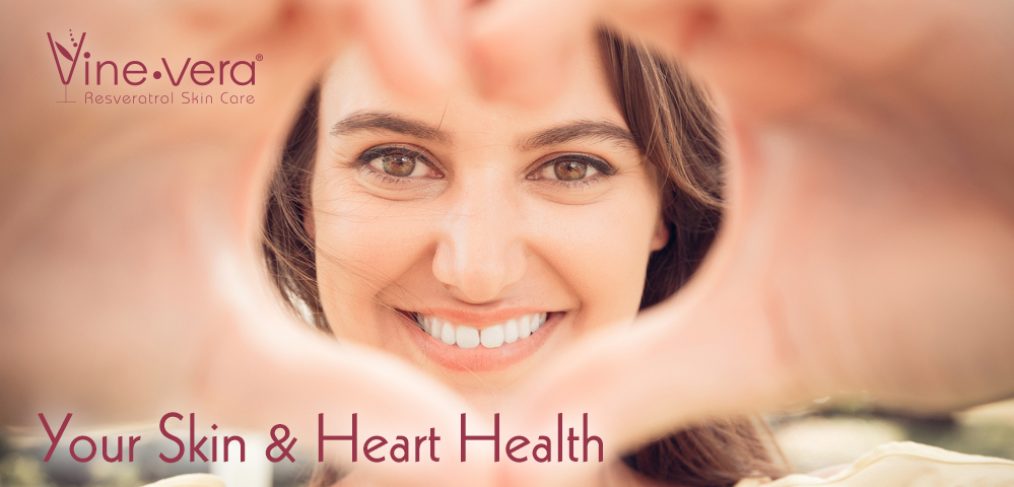The Centers for Disease Control and Prevention recommends that you get at least 30 minutes of physical activity every day. Exercising daily does far more than burn calories and help you lose weight, it provides so many other health benefits one of which is improving the health of your heart. When you want to get your heart rate up, consider the following methods to keep your heart healthy.

Warm Up
Stretching before exercising is always a good idea, but in this case, we actually mean warming up your temperature. Environmental temperature can have a significant impact on your heart rate; the American Heart Association says that spending some time in warm air can increase your heart rate by anywhere from five to 10 beats per minute. While this may sound like a minuscule increase, it can actually have some pretty significant impacts on your heart when exercising. If you are exercising aggressively in high heat, you may run the risk of getting your heart rate up too high. If you ever experience light-headedness, dizziness or odd sensations in your chest, safely take yourself to a cooler location.
Aerobic Exercise
You probably know that if you want to get your heart rate up, cardiovascular exercise is one of the absolute best ways that you can do this. Taking a brisk walk around the block, spending some time on your bike or sweating it out in an aerobics class are all great ways to get your heart pumping faster. Your goal is to meet your target heart rate. If you aren’t sure what that number is, subtract your current age from 220 and then increase this number anywhere from 50 to 85 percent, according to the Cleveland Clinic. Meeting your target heart rate is an important way to improve your overall heart health.

Strength and Resistance Training
If you don’t immediately equate strength and resistance training with a raised heart rate you aren’t alone, but you do want to reconsider. Aerobic exercise is imperative for a healthy heart, but a truly effective workout includes strength and resistance training in addition to your cardio. Performing bodyweight exercises, lifting weights and other resistance exercises provide a workout for your muscles. When you work out your muscles, they require more oxygenated blood, which will, in turn, lead to a higher heart rate.
Cardiovascular, or aerobic exercise, is perhaps the most well-known method for getting your heart rate up, but it is far from the only method. Any burst of activity like a vigorous home cleaning session, working in your garden or carrying boxes up and down stairs all will raise your heart rate. Strength training is also an important component in increasing your heart rate, and maintaining a strong and healthy body. Aim for 30 minutes per day of exercise, and if you are just starting out, be sure to clear your routine with your doctor and start low then increase the difficulty level of your workouts.






